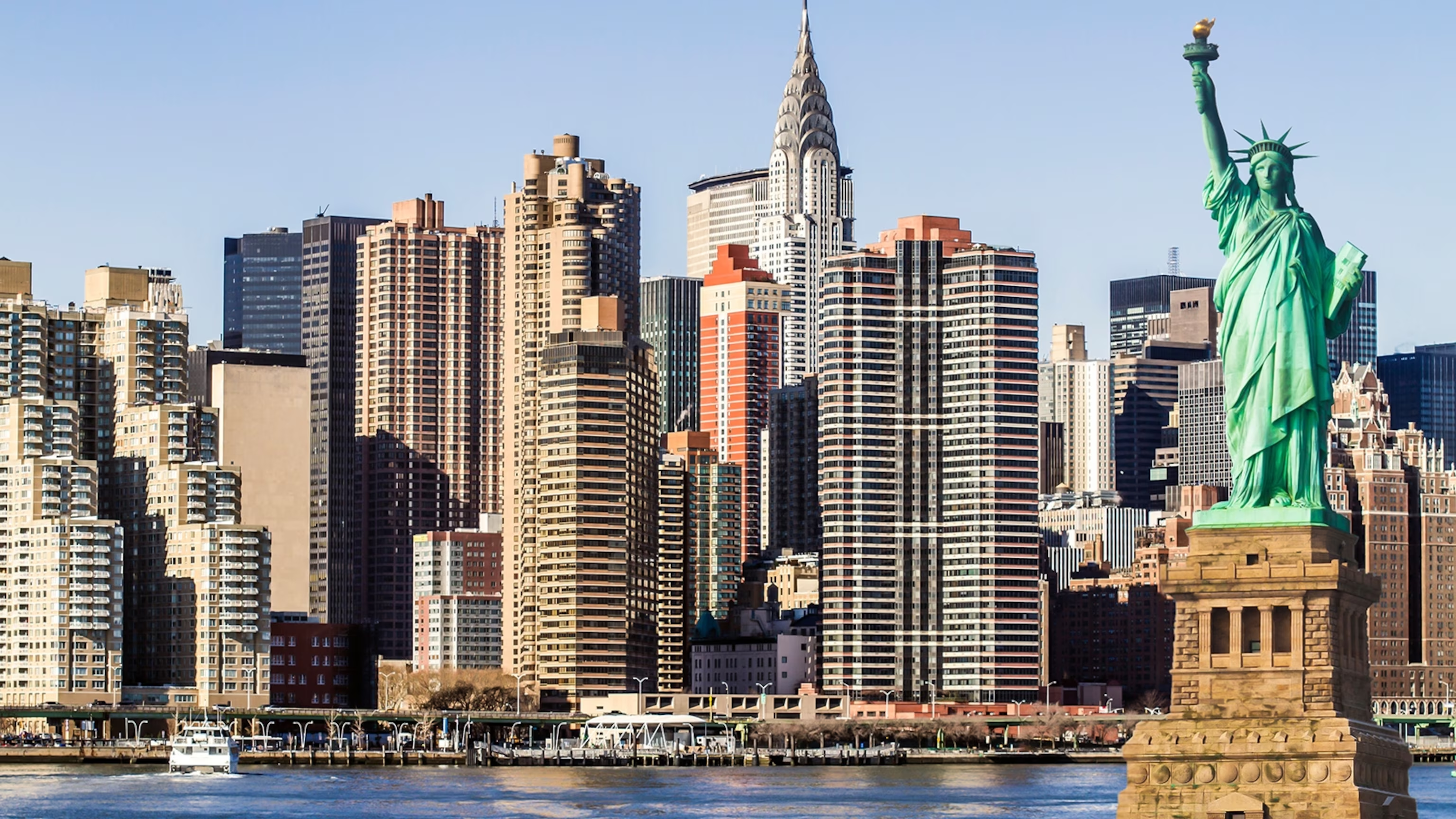In a historic and culturally significant step, New York City has announced a school holiday for Diwali on November 1, marking the first time the city’s school system will close for this major Hindu festival. Diwali, celebrated by millions worldwide, is a festival symbolizing the triumph of light over darkness and good over evil.
This decision highlights the growing influence and cultural recognition of the Hindu and South Asian communities in the U.S., while also setting a precedent for other cities to follow suit.
A Long-Awaited Milestone for the Hindu Community
The Hindu community in New York City has advocated for a Diwali holiday for years, emphasizing its significance as a time for family gatherings, religious observances, and celebrations. The holiday, observed by over 1.1 million schoolchildren in the city, marks a momentous occasion for the Hindu population.
Dilip Chauhan, the Deputy Commissioner of the Mayor’s Office for International Affairs, spoke to the significance of this achievement, noting that for years, Hindu families have been forced to make difficult choices between their children’s education and their cultural and religious observances. Chauhan’s comments illustrate how the decision fosters inclusivity, acknowledging the multicultural fabric of New York City.
Read : Ayodhya in Preparation of Celebrating First Diwali in Ram Mandir After 500 Years
Under the administration of New York City Mayor Eric Adams, this historic announcement was made to recognize and celebrate the diverse communities within the city. The move aligns with the values of an inclusive society where diverse traditions and beliefs are respected and celebrated.
Read : Global Celebrations: Dive into the Top 10 Festivals Around the World
New York City, a global hub of multiculturalism, continues to embrace its diverse heritage by acknowledging important festivals like Diwali, providing students and families an opportunity to participate in meaningful celebrations.
Diwali Observances in the United States: A Growing Trend
While New York City’s decision marks a notable milestone, it is not the first instance of Diwali observance in U.S. states. Pennsylvania, Texas, New Jersey, and other states have already declared public holidays for the Festival of Lights, reflecting a nationwide shift toward cultural inclusivity.
This growing trend highlights how integral the South Asian community has become in shaping the social and cultural landscape of the United States. By making Diwali a recognized holiday, these states acknowledge the contributions of their Hindu, Sikh, Jain, and Buddhist communities.

Diwali celebrations often span five days, with each day marking a different aspect of the festival. Traditionally, families gather to clean their homes, light lamps, perform rituals, and exchange gifts. The holiday promotes values of peace, harmony, and community togetherness, which resonate universally.
The U.S., being a melting pot of diverse cultures, has seen growing participation in Diwali celebrations across states and cities. As more regions adopt Diwali as a public holiday, it underscores a recognition of the importance of honoring the traditions of various communities that enrich the fabric of American society.
The increased recognition of Diwali at the governmental level also signifies a broader awareness of South Asian culture within mainstream American society. In addition to holiday observances, the festival is celebrated in cities and communities across the U.S. through public events, traditional dances, music performances, and elaborate light displays, bringing together people from various backgrounds to celebrate.
A Grand Diwali Celebration at the White House
Reflecting the festival’s expanding reach and influence, President Joe Biden recently hosted a grand Diwali celebration at the White House, welcoming over 600 prominent Indian-Americans, including government officials, corporate executives, and cultural leaders.
During the event, Biden expressed pride in hosting one of the largest Diwali celebrations in White House history, recognizing the achievements of South Asian-Americans and their contributions to American society.

The President’s celebration at the White House serves as a powerful symbol of inclusivity and respect for diverse cultures. Biden acknowledged the significant role that South Asian-Americans, including key figures like Vice President Kamala Harris and Surgeon General Dr. Vivek Murthy, play in shaping his administration.
His remarks underscored the administration’s commitment to creating a government that reflects the diversity of the country it serves. The White House celebration of Diwali has become an annual tradition that reflects the multicultural spirit of the U.S. and celebrates the contributions of the Indian and South Asian communities.
Biden’s Diwali celebration at the White House represents more than just a holiday observance; it is a testament to the deepening ties between the United States and the Indian-American community.
Through this celebration, Biden conveyed a message of unity and solidarity, highlighting the essential role that South Asian-Americans play in the nation’s political, cultural, and social spheres. As this vibrant community continues to grow, the recognition of Diwali by local and national governments signifies a promising shift toward a more inclusive and diverse society.

